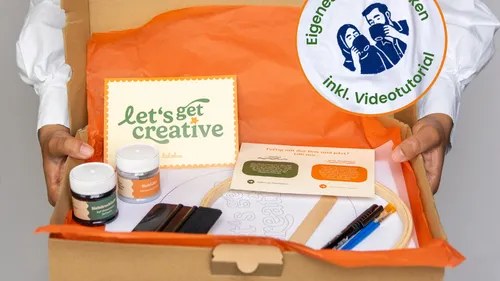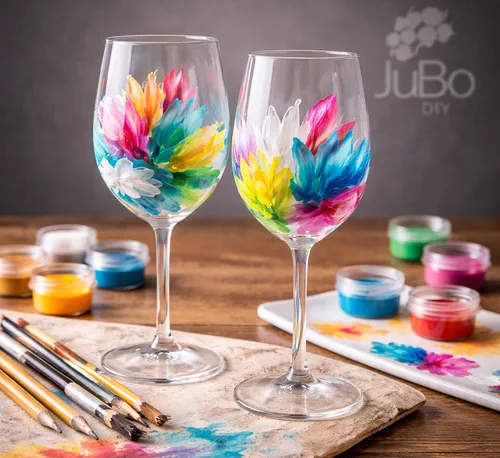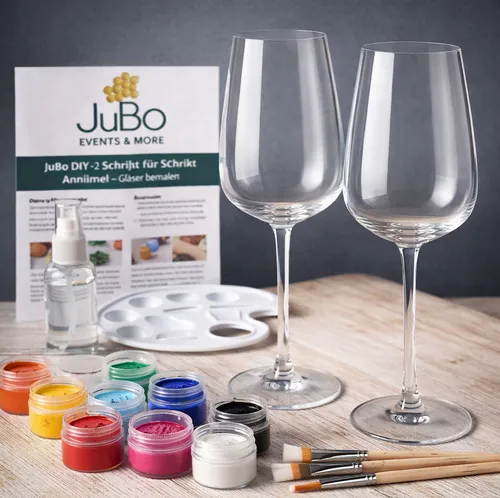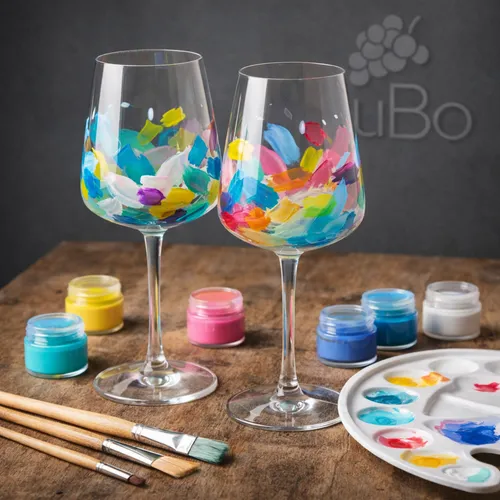Painting Class in Berlin: 4 dates - Bengal School of Art



Teamevent from €220.00 per Person
Request specific dates for this event. Also for company events and private groups. Get a non-binding quote.
About this class
As an artist, my style is strongly influenced and inspired by European realism. It feels at times that my inner self has two definitive likings. On one hand, it's the realism; be it the anatomical understanding of the human form, or the dramatics of realistic lighting. The other side is grace and calmness of the Indian style of painting(that Bengal school of art). My solo exhibition of paintings remains evidence of this culmination of two distinctively different styles. However, according to my understanding, what came through practice, is that one really compliments the other. In my workshop, we will have presentations, lectures, and practical classes. We will learn about the Bengal school of art, and experience the process of creating paintings in this style.
Bengal school of art
Emerging in early 20th-century India during the British Raj (the period of British rule over the Indian subcontinent that ended in 1947), the Bengal School of Art sought to establish a distinctly Indian art that celebrated an indigenous cultural heritage rather than Western art and culture. Ernest Binfield Havell, a teacher at the Calcutta Art School, was instrumental in the movement’s formation. Rejecting the academic tradition typically promoted in British art schools, he encouraged students’ discovery of Mughal art—art produced under the Mughal empire in Southern Asia between 1526 and 1857—a curriculum that was vehemently protested by the faculty, students, and press. With the young painter Abanindranath Tagore, Havell went on to spearhead a nationalist and modern art movement that celebrated historical, spiritual, and artistic Indian traditions. Comprising a diverse group of artists that included Gaganendranath Tagore, and Ganesh Pyne, the Bengal School of Art also incorporated elements from Far Eastern art, such as the Japanese wash technique.
What you’ll do in the class
It will be a 4-day over 2 weeks workshop. Every Saturday, starting from 30th July 2022. The format will be a presentation, and talk followed by the drawing sessions.
- Day 1: Introduction of the participants followed by a talk on the Indian style of painting, emphasising on the stylisation of the forms. Drawing exercises to start drawing the Indian way.
- Day 2: Stylising the realistic form. Understanding and translating the rhythm. The Proportions, Rhythm of figure, drapery. The face- Understanding the expressions through eyes. The face- Understanding the expressions through eyes. The face- Understanding the expressions through eyes.
- Day 3: Colouring; This is divided into two parts. Part 1 is about choosing the right colours. The application of the colours. Wash technique.
- Day 4: The outline; the most important element of this style of painting is the outline. This delicate technique is fascinating as well as therapeutic.
Dates:
- 19.08 + 20.08
- 26.08 + 27.08
- Each date from 12 pm to 3 pm
Who is the class suitable for?
- Art enthusiasts interested in exploring traditional Indian painting styles.
- Beginners and intermediate artists who want to learn stylization techniques, including form, rhythm, and expressions.
- People passionate about cultural art forms who wish to deepen their knowledge and appreciation of Indian art.
- Individuals looking for a creative, therapeutic activity, as the course emphasizes therapeutic techniques like the delicate outlining process.
- Students of art or hobbyists wanting to experiment with watercolor and wash techniques.
- Anyone interested in structured learning, as the course spans multiple sessions over two weeks with both theory and practical drawing exercises.
Details to remember

Pradipta Ray
Part-time Film-maker, Full-time woman.












